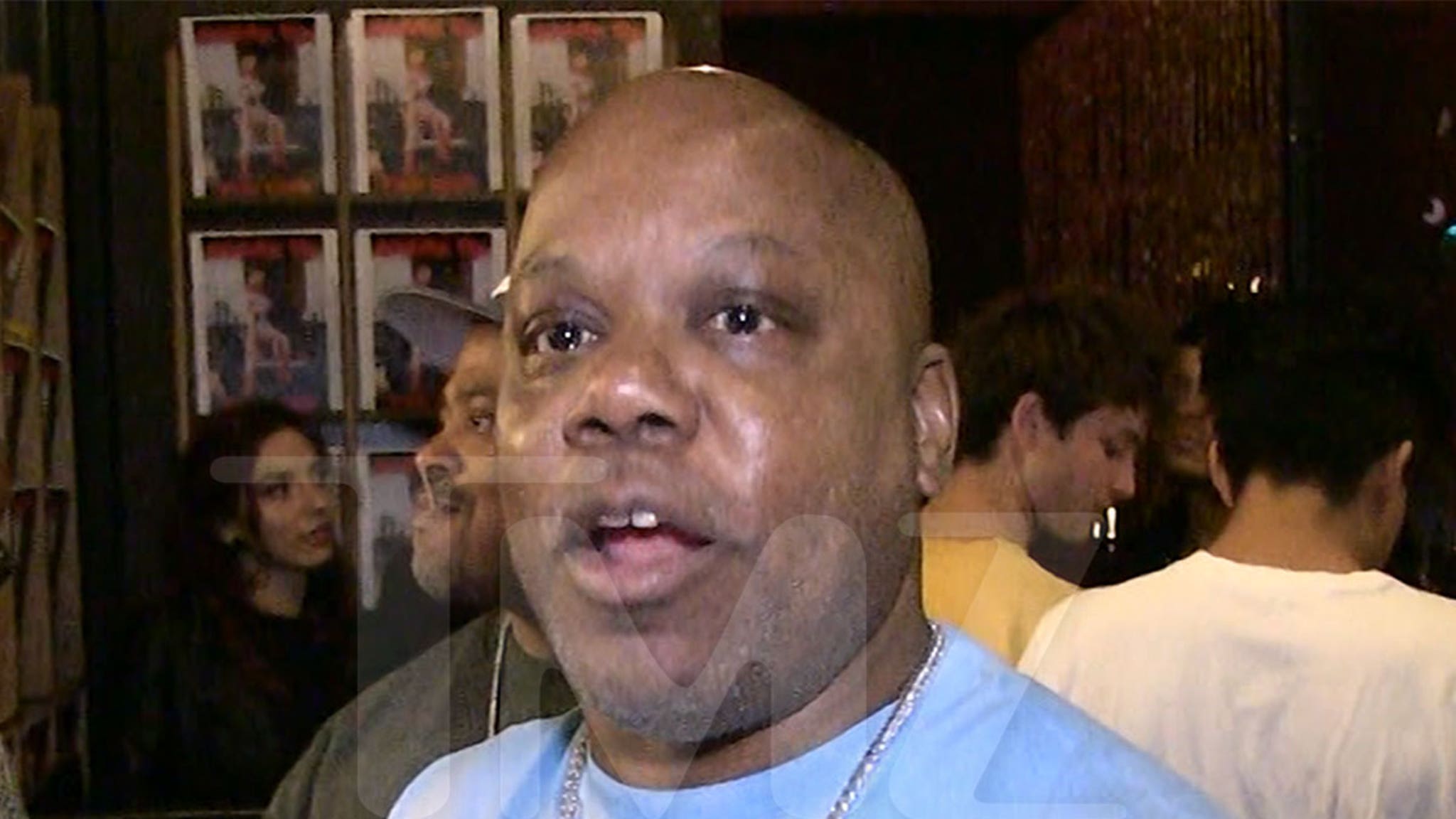California voters have rejected a ballot measure to increase the state’s minimum wage to $18 an hour, marking the first time any state has failed to raise the statewide minimum wage since 1996, nearly 30 years ago.
RELATED: California Fast Food Workers To Earn $20 Minimum Wage Starting Next Year
Although California Governor Gavin Newsom recently praised a fast-food wage hike, voters in the state rejected a ballot measure that would have raised the state’s minimum wage to $18 per hour. Thus, this is the first time such a measure has failed in almost 30 years.
The California measure, listed as Proposition 32 on the ballot, proposed bumping the minimum wage to $18 an hour by 2026, which would have made it the highest in the United States.
RELATED: California Fast Food Restaurants Raise Menu Prices And Cut 10,000 Jobs After State Increases Minimum Wage To $20 Per Hour
According to Fox News, the tabulation arrived two weeks after Election Day (November 5) due to a narrowing margin. NBC News reported that with 92% of the votes counted, 49.2% of California voters supported the statewide minimum wage increase, but it wasn’t enough to pass as 50.8% of voters rejected the measure.
California voters who supported the ballot measure to increase the minimum wage to $18 per hour believed it would have greatly benefited workers. Those opposed argued that if the ballot measure passed, it would have increased costs for employers, meaning that it would most likely have led to them having to fire employees, thus being unable to keep up with California’s minimum wage requirements.
RELATED: Walmart To Raise Its Starting Hourly Wage From $12 To $14 Amid Living And Food Crisis
Data reveals an interesting geographical observation about the locations of voters who supported the measure versus those who did not. Those in support lived in every Bay Area and coastal county, except San Luis Obispo, Orange, Ventura, and Del Norte counties. Every inland county in California, minus Alpine and Imperial, was opposed to raising the statewide minimum wage to $18 per hour.
The current minimum wage in California is $16 per hour; however, it includes a $20 per hour exclusion for fast-food restaurants with 60 or more locations. As briefly mentioned above, the latter exception was established in 2023 with the approval of California’s Democratic Governor Gavin Newsom. The exception went into effect in March 2024.
RELATED: AriZona Iced Tea CEO Refuses To Raise Brand’s Infamous 99-Cent Price Tag Since 1992 Launch
The California Chamber of Commerce is said to have opposed the measure and its CEO Jennifer Barrera spoke out after news of the $18 per hour minimum wage rejection. Barrera said in a statement, “CalChamber opposed Prop. 32 because it would have resulted in higher costs for small business employers and consumers. With the economy and costs top of mind for many voters this election, that message appears to have resonated.”
As mentioned, California voters rejected the $18 minimum wage increase ballot measure, marking the first time since 1996 that any state has failed to pass an increase. It’s been 28 years since a state minimum wage increase was defeated. According to Ballotpedia, which tracks the outcomes of statewide ballot measures, the last time this happened was 28 years ago when voters in Missouri and Montana rejected increases.
#Socialites, be sure to check out the post below, then leave us your thoughts in a comment after!







